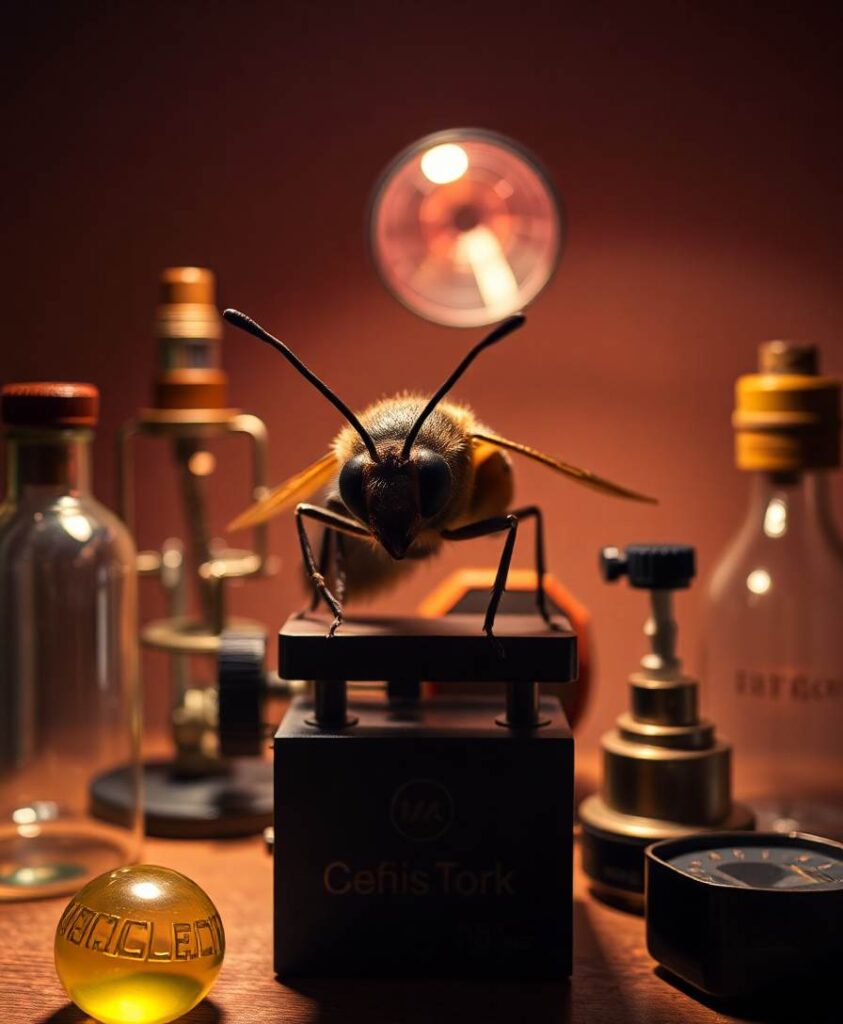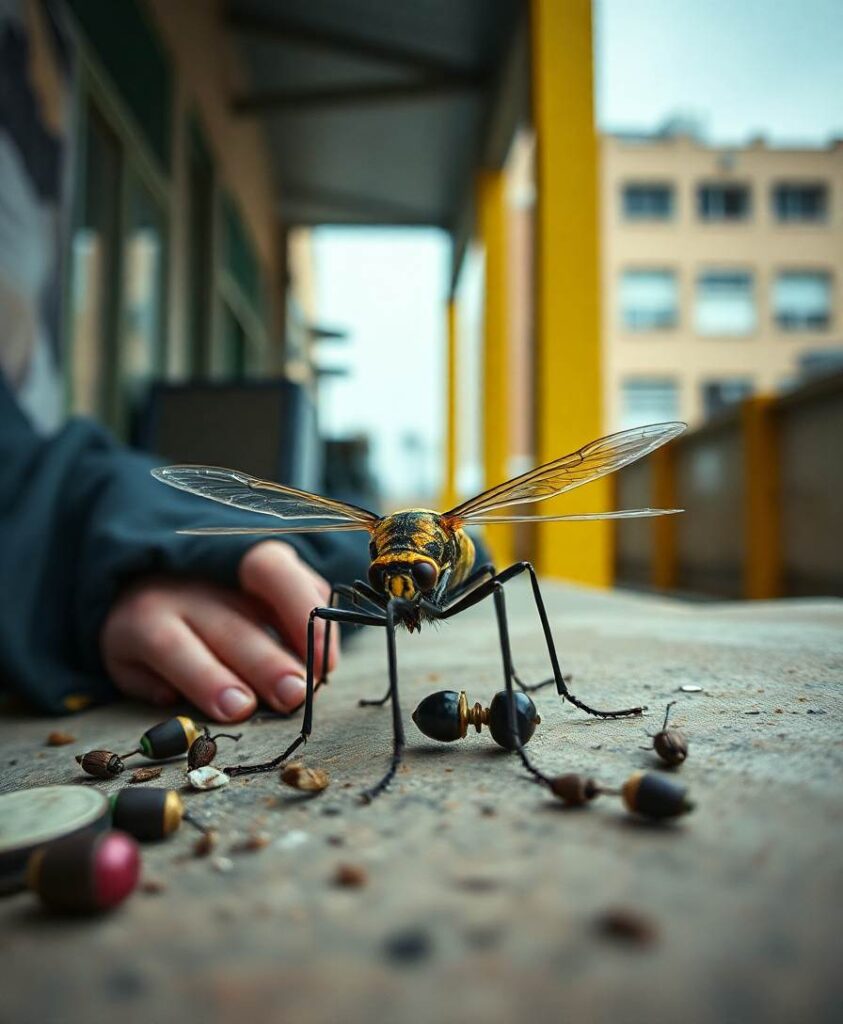Temnothorax ants are a neat system for exploring these ideas because their tandem runs are simple to observe and easy to tweak in experiments. Leaders guide followers by touch and scent, and followers learn routes through that close interaction. Occasional misdirection breaks strict conformity and creates alternative paths to resources. Depending on the landscape of food and risk, these deviations can speed discovery or prevent everyone from getting trapped in the same poor choice.

If you care about human potential, this work hints at ways to design groups that remain flexible without losing cohesion. Learning how small, predictable errors change a group’s search and decision patterns could help educators, managers, and civic designers encourage creativity and resilience. Follow the full paper to see how these ant experiments map onto broader questions of growth, inclusion, and how systems thrive when they allow a little wiggle room.
Communication errors are typically viewed as detrimental, yet they can benefit collective foraging in social insects. Temnothorax ants provide a powerful model for studying how such errors arise during tandem running and how they might improve group performance under certain environmental conditions.



